11 Ways To Fix Greasy Hair
Control greasy scalp and excess oil production by taking cues from the list of ingredients.
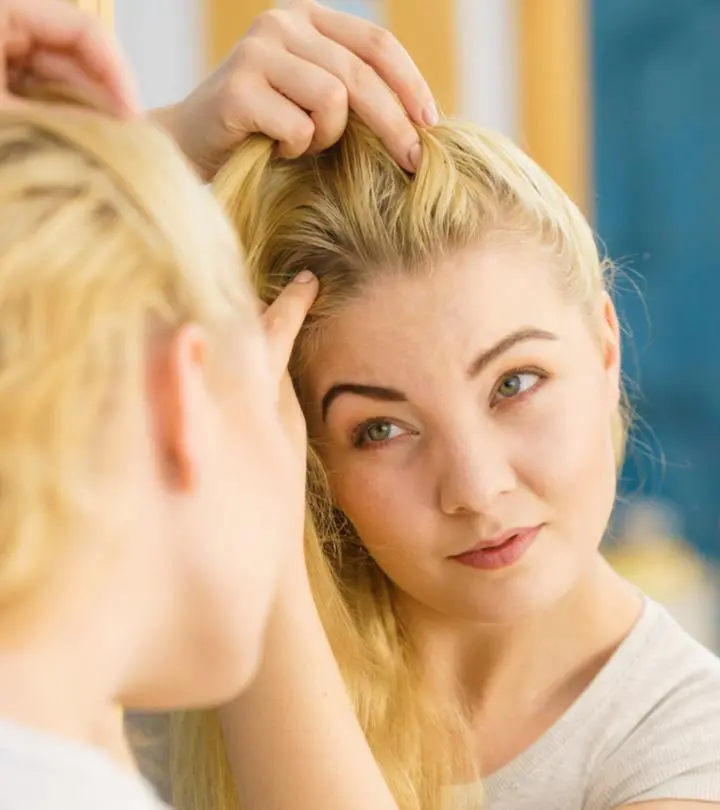
Image: Shutterstock
Our hair will become oily or greasy from time to time, even if we shampoo continually. This is because sebum, a natural hair protectant and emollient, causes hair to become oily. So, you might want to know how to fix greasy hair, do not you? If your hair is extremely oily, even after shampooing it every day and not using any oil, it is possible that your hair generates too much oil, causing the scalp to become greasy. It is also important to understand what is causing it. This could be your hormones, what you eat, or how you take care of your hair. Your treatment methods can be more effective and you can prevent excessive greasiness from recurring by fixing underlying issues. If you’re wondering how to get rid of greasy hair, keep reading to learn a few simple remedies to help you deal with it. Scroll down now! .
In This Article
11 Natural Ways To Fix Greasy Hair
1. Tea Tree Oil
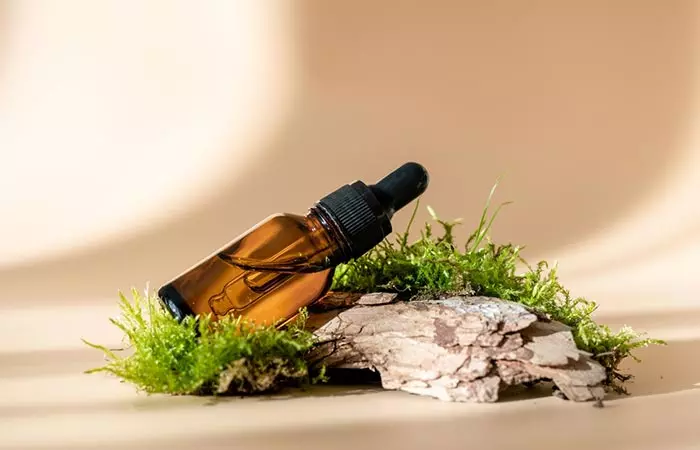
Dandruff sometimes makes the hair greasy. The anti-fungal properties of tea tree oil help fight dandruff and control greasiness. A study tested 5% tea tree oil shampoo for dandruff. It reduced dandruff by 41%, improved itchiness and greasiness, and had no side effects (1).
How To Use
- Mix 15 drops of tea tree oil with 30 ml of any carrier oil (like coconut or jojoba oils).
- Apply to your scalp.
- Spread it evenly through the length of your hair.
- Leave it on for at least an hour before washing it off.
- You can also apply tea tree oil directly to your scalp if you are not sensitive to it.
How Often
You can use this mix 2 to 3 times a week.
2. Apple Cider Vinegar
Apple cider vinegar is acidic in nature. Rinsing your hair with ACV may control excess sebum. It helps remove product buildup from the scalp and hair while also conditioning the hair, leaving it softer, smoother, and shinier. These benefits are likely due to its acetic acid content (2). However, research is limited in this aspect.
How To Use
- Mix 2 to 3 tablespoons of ACV with 1 cup of water.
- Wash your tresses with a mild hair clarifying shampoo.
- Cleanse the hair with the diluted apple cider vinegar.
- Leave it on for a few minutes.
- Rinse off with cold water.
How Often
You can do it 2 to 3 times a week.
3. Coconut Oil
Applying coconut oil before shampooing is a great way to condition your hair without making it greasy. Virgin coconut oil is light and has a lower molecular weighti The mass of the molecules of an oil that, if lower, makes the oil thinner and, if higher, makes it thicker. compared to many other oils and gives your hair the required shine (3). Thus, it may help prevent excess sebum production.
How To Use
- Apply some virgin coconut oil to your scalp and hair tips.
- Massage it in a circular motion.
- Leave it on for an hour.
- Wash it off with a mild cleanser.
How Often
You can apply the oil once a week.
A study conducted between October 2016 and October 2017 indicated that out of the 1899 participants, 327 (17.2%) reported trying the standardized scalp massages. The participants who engaged in scalp massages reported spending a median of 11-20 minutes on daily massage and continued the practice for 7-6 months. Among them, 68.9% reported either stabilization of hair loss or regrowth.
4. Aloe Vera
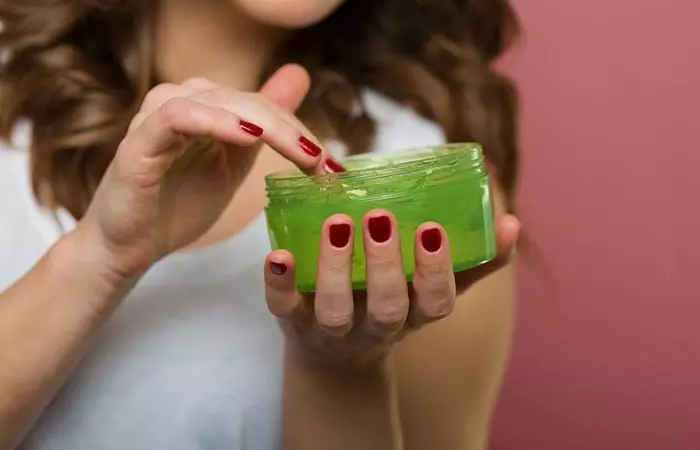
Aloe vera exhibits significant astringent and nourishing properties due to its nutrient-rich composition (4). It may also help support hair oil control and fix greasy hair.
How To Use
- Mix 1 to 2 tablespoons of aloe vera juice with 1 tablespoon of lemon juice.
- Mix this with a cup of water.
- Use this mixture to rinse your hair after shampooing.
How Often
You can incorporate it once a week into your hair care routine.
5. Epsom Salt
Epsom salt is a rich source of magnesium. Magnesium ions can easily penetrate the hair follicles (5). Some anecdotal evidence suggests that magnesium may help reduce scalp inflammation. It also may absorb the excess sebum secreted by your scalp.
How To Use
- Mix two to three teaspoons of Epsom salt with your shampoo.
- Wash your hair with this mix.
- Let it remain on your hair for 2 to 3 minutes before washing.
How Often
You can do this twice a week for better results.
6. Baking Soda
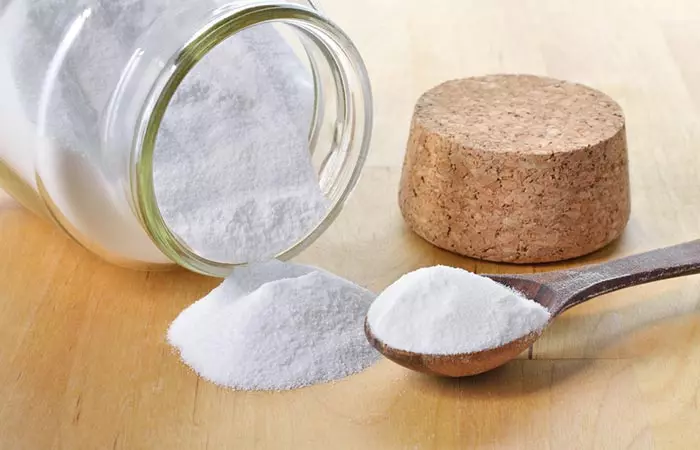
Baking soda works great as a dry shampoo as well as a rinse for oily hair. Anecdotal evidence suggests that its alkaline nature may help balance the pH of your scalp and absorb the excess oil. Therefore, it may help fix greasy hair.
How To Use
- Mix 2 to 3 tablespoons of baking soda with water and make a thick paste.
- Apply this to your scalp and hair.
- Leave it on for about 5 minutes.
- Rinse it off with cold water.
How Often
As this mixture is very drying, do not use it frequently. You may use it once a week.
Note: Exercise caution if you are allergic to baking soda or if you have any cuts, wounds, or rashes – as it may cause a mild burning sensation.
7. Green Tea
Green tea is loaded with polyphenolsi Plant micronutrients that cause the proliferation of specialized hair follicle cells to stimulate hair growth and prevent hair fall. that promote scalp health. It plays a significant role in controlling sebum secretion (6). According to a study, a green tea hair tonic significantly reduced scalp greasiness over 28 days without causing skin irritation. The product was safe, stable, and well-preferred by users (7).
How To Use
- Add green tea powder to boiling water and strain the water.
- Let it cool down completely.
- Apply it to the scalp and hair.
- Leave it on for 30 to 40 minutes and rinse it off.
How Often
You can do it once a week.
 Quick Tip
Quick Tip8. Argan Oil
Massaging argan oil into your scalp and hair can redistribute the sebum to your hair shafts and keep them moisturized (8). It may also regulate the secretion of sebum and stimulate blood circulation. However, there is limited data on how it benefits oily hair.
How To Use
- Apply pure argan oil to the scalp and all through the length of your hair strands.
- Wrap a warm wet towel around your hair.
- Leave it for 60 minutes.
- Rinse with a mild cleanser.
How Often
You can do this 1 to 2 times a week.
9. Lemon Juice
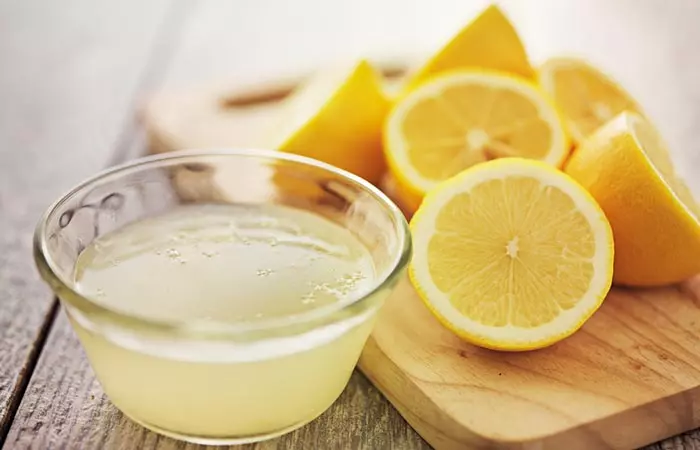
Lemon juice contains citric acid. A study conducted on hamsters found that citrus flavonoidsi Antioxidant and soothing compounds that are linked with rapid hair growth and the regeneration of pigmented hair. (similar to found in lemon juice) may inhibit sebum secretion(9).
How To Use
- Take 4 to 5 tablespoons of lemon juice and mix in 2 cups of distilled water.
- Refrigerate the mixture.
- After a hair wash, pat dry your hair and apply this mixture.
- Leave it on for about 10 mins.
- Rinse with cold water.
How Often
Apply this mixture whenever your hair feels too oily.
Caution: Do not sit under the sun after applying lemon juice to your hair as it can bleach your hair upon exposure to sunlight.
10. Egg Yolk
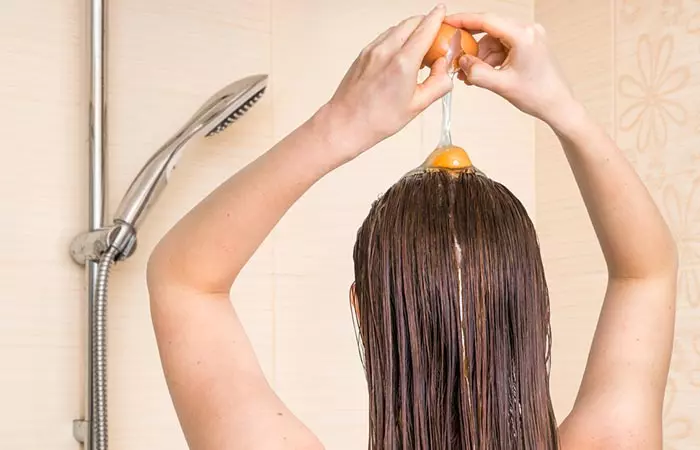
Egg yolks may tighten the hair follicles and reduce the secretion of sebum. However, more information is warranted in this aspect.
How To Use
- Mix 1 or 2 egg yolks in 1 tablespoon of lemon juice.
- Apply this to your washed hair.
- Leave it on for 30 to 40 minutes.
- Rinse with cold water thoroughly to avoid the smell of eggs.
How Often
You can use it once a week.
11. Witch Hazel
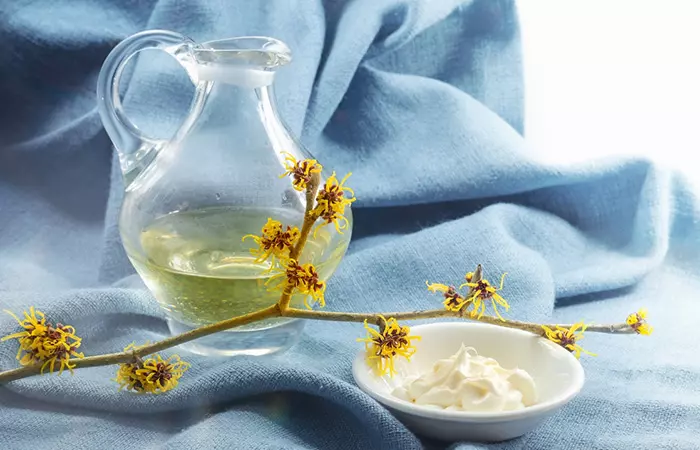
Witch hazel has natural astringent properties that may help close the oil pores on your scalp and slow down excess sebum production (10). However, more research is warranted in this regard.
How To Use
- Pour 3 tablespoons of alcohol-free witch hazel into a 100 ml glass spray bottle.
- Fill the rest of the bottle with distilled water.
- Add 8-10 drops of lavender, peppermint, or tea tree essential oil to it. Skip this step if you are allergic to any of these oils.
- Close the lid of the bottle and shake it gently to mix.
- Spritz this spray all over your roots to refresh your hair.
How Often
You may use it to refresh your hair in between washes.
In addition to the above-mentioned natural remedies to fix greasy hair, you can also make note of these tips that help prevent your scalp/hair from going greasy.
Key Takeaways
- Oils like Tea tree oil, coconut oil, and argan oil may help reduce sebum production.
- Rinsing the hair with cooled-down green tea may also inhibit excess oil production.
- Egg yolk may strengthen the hair follicles.
- Using products specifically for oily hair may make a big difference in oil management.
- Avoid using excessive conditioner after shampooing your hair.
Prevention Tips
- Understand your hair type and shampoo accordingly. Shampoo once daily if you feel your hair has become too oily or greasy. If your hair feels greasy despite daily shampooing, it means your hair is producing more oils to rehydrate itself. Hence, shampoo on alternate days.
Sunny, a beauty blogger, shared how finding the right shampooing frequency helped her manage her greasy hair. She said, “Nowadays, I shampoo twice a week, and my scalp no longer greases up like crazy after a day or two (i).”
- Wash your hair with only the required amount of shampoo. Do not put it in excess, as it may wipe off the natural oils and your hair will produce more oil to compensate for the loss – resulting in greasier hair.
- Try to only use products made for oily hair.
- Do not use conditioners in excess after shampooing. They may also leave hair greasy.
- Try on some fruit packs made of banana or papaya or rely on spinach or carrot packs to enhance scalp health.
- Clean all your hairbrushes/straighteners/hair accessories regularly to avoid any hair infections, which may also make hair greasier.
- Wash your hair after your workouts.
- Reduce sun exposure. Wear a wide-brimmed cap or scarf to protect your hair.
- Do not over brush or massage your hair as it may overstimulate the oil glands and lead to excess oil production.
- Do not depend too much on flat irons or chemical treatments for your hair. These may aggravate hair and scalp greasiness.
If your hair is still greasy after trying these tips, consider seeing a dermatologist or trichologist. They can give you customized advice and help you figure out if there is anything else going on with your scalp that needs to be treated.
 Quick Tip
Quick TipWhy Does Your Hair Become Oily?
Although hair turns oily due to excess production of sebum and dandruff, other external factors may also play a role. These include the following:
- If the weather around you is humid, chances are high that you will be left with oily hair even after shampooing.
- Touching your hair too much can transfer the oil from your hands to your hair, making it oilier.
- The use of certain hair serums can also make your scalp oily.
- Using excess conditioner.
- Deficiency of B vitamins.
- Hormonal imbalances.
- Shampooing too much may strip your hair of its natural oils, thus making your scalp produce more oil.
- Untreated dandruff.
- Fine textured hair appears oilier since there is less hair to absorb the scalp oils.
- Using the wrong or unsuitable hair products can make your hair greasier. Choose products that are specially made for oily hair. These products are usually lighter and keep greasiness in check.
Infographic: 4 Simple Ways To Make Your Hair Grease-Free
Hair looking greasy and limp? No amount of dry shampoo working anymore? Fret not! We will help you get it fixed in no time. The infographic below lists a few simple hair care tips that can help you cut through the grime and restore your hair health. Trust us; these tricks will work wonders on your hair. Check them out!
Some thing wrong with infographic shortcode. please verify shortcode syntax
To fix greasy hair, you need to regulate the amount of sebum that is produced or allowed to remain on the scalp. When there is excessive sebum production or insufficient hair cleansing, the oil builds up and makes the hair strands appear greasy and unclean. In addition, environmental humidity, excess use of conditioners, shampoos or serums, dandruff, and hormonal imbalances are common causes of greasy hair. Tea tree oil is a well-researched remedy to fight greasiness and dandruff. Other home remedies to reduce greasy hair include the use of apple cider vinegar, aloe vera gel, lemon, green tea, argan oil, coconut oil, or baking soda.
Summing It Up
Greasy hair is quite natural and can also be seasonal. However, it is a concern to be addressed if it is disturbing your daily routine and affecting your appearance. Now that you know how to get rid of oily hair, understand the cause of the greasiness and work on it accordingly – tweak your food habits and the hair care products you use. Most often greasy hair can be managed well without any medical assistance. Try any of these natural remedies today and see the results for yourself. Remember, it takes time to find the right things to do to make your hair less greasy. Be patient and keep trying different things until you find what works best for you.
Frequently Asked Questions
Why is my hair greasy after 1 day?
Inadequate rinsing, excess sebum production, scalp buildup, overuse of conditioner and use of hair products with harsh chemicals are some possible reasons why your hair is greasy one day after washing.
How can I make my hair look less greasy instantly?
You can use a dry shampoo, baking powder or baby powder or a blotting paper to make your hair look less greasy instantly.
Is greasy hair healthy?
No. While a little grease in your hair is healthy as it indicates normal sebum production, overly greasy hair or hair that feels greasy all the time may indicate poor hair care or underlying issues with sebum production.
How often should I wash my greasy hair?
You should wash your oily or greasy hair every 1 to 2 days.
Should I wash my hair everyday if I have an oily scalp?
Yes, you can wash your hair everyday if you have an oily scalp. However, using too many hair products or products with harsh chemicals may dry out your scalp excessively and increase sebum production. Be sure to use products formulated for oily scalp and hair.
Learn two easy home remedies to get rid of greasy hair! Dive into the video to make your hair look fresh and clean again!
Personal Experience: Source
StyleCraze's articles are interwoven with authentic personal narratives that provide depth and resonance to our content. Below are the sources of the personal accounts referenced in this article.
(i). TWO COUNTER-INTUITIVE WAYS OF DEALING WITH OILY SCALP (WITH ADDED BENEFITS FOR YOUR HAIR TOO!)https://mostlysunnybunny.wordpress.com/2012/03/02/two-counter-intuitive-ways-of-dealing-with-oily-scalp-with-added-benefits-for-your-hair-too/
References
Articles on StyleCraze are backed by verified information from peer-reviewed and academic research papers, reputed organizations, research institutions, and medical associations to ensure accuracy and relevance. Read our editorial policy to learn more.
- Treatment of dandruff with 5% tea tree oil shampoo
https://pubmed.ncbi.nlm.nih.gov/12451368/ - Preparation and Optimization of Garlic Oil/Apple Cider Vinegar Nanoemulsion Loaded with Minoxidil to Treat Alopecia
https://pmc.ncbi.nlm.nih.gov/articles/PMC8706394/ - Effect of mineral oil sunflower oil and coconut oil on prevention of hair damage
https://pubmed.ncbi.nlm.nih.gov/12715094/ - ALOE VERA: A SHORT REVIEW
https://www.ncbi.nlm.nih.gov/pmc/articles/PMC2763764/ - Permeation of topically applied Magnesium ions through human skin is facilitated by hair follicles
https://pubmed.ncbi.nlm.nih.gov/27624531/ - Green Tea and Other Tea Polyphenols: Effects on Sebum Production and Acne Vulgaris
https://www.ncbi.nlm.nih.gov/pmc/articles/PMC5384166/ - Development and clinical evaluation of green tea hair tonic for greasy scalp treatment
https://pubmed.ncbi.nlm.nih.gov/29394016/ - Hair Cosmetics: An Overview
https://www.ncbi.nlm.nih.gov/pmc/articles/PMC4387693/ - A citrus polymethoxy flavonoid nobiletin inhibits sebum production and sebocyte proliferation and augments sebum excretion in hamsters
https://pubmed.ncbi.nlm.nih.gov/17597820/ - Efficacy of a twice-daily 3-step over-the-counter skincare regimen for the treatment of acne vulgaris
https://www.ncbi.nlm.nih.gov/pmc/articles/PMC5221538/
Read full bio of Tiffany Young
Read full bio of Anjali Sayee
Read full bio of Ramona Sinha
Read full bio of Swathi E






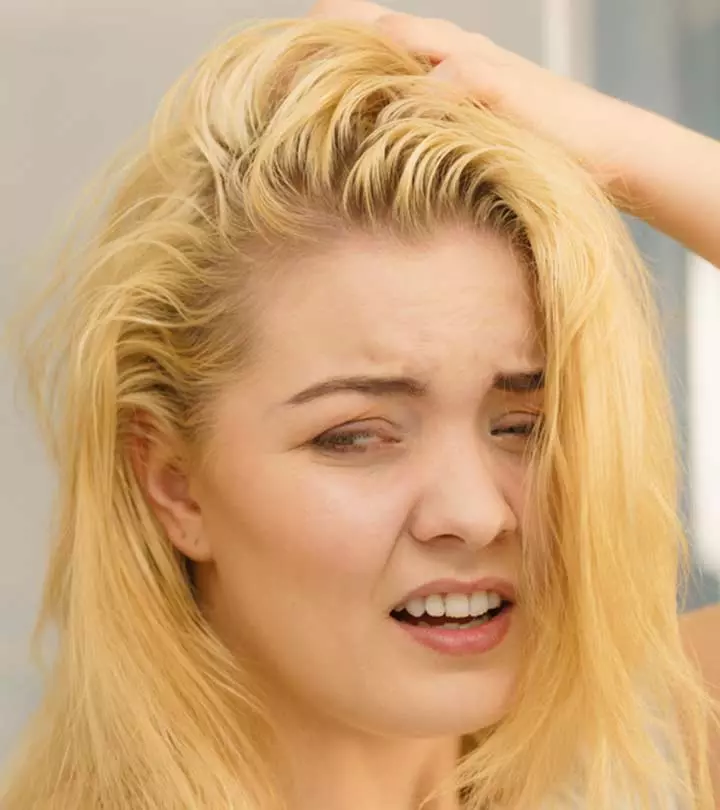
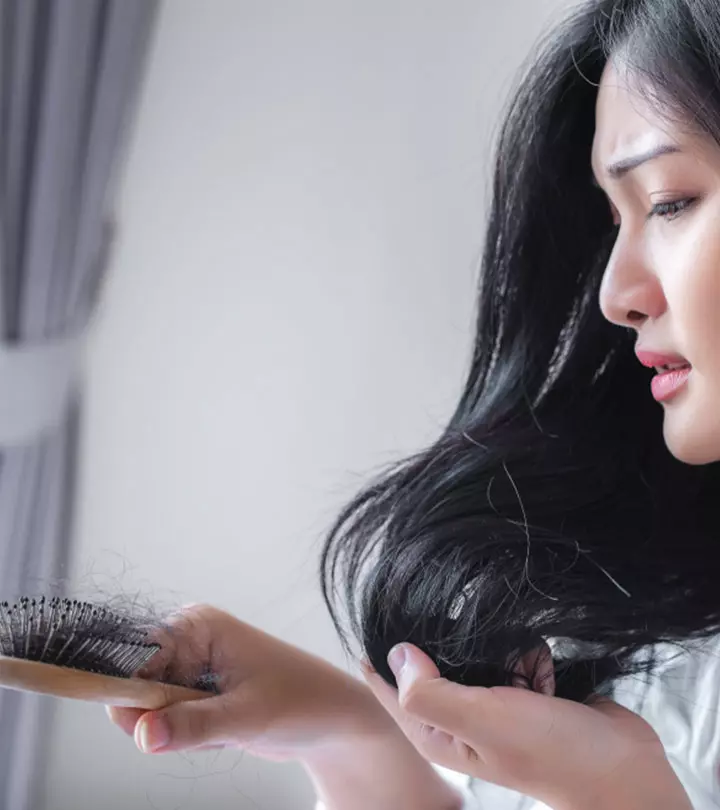
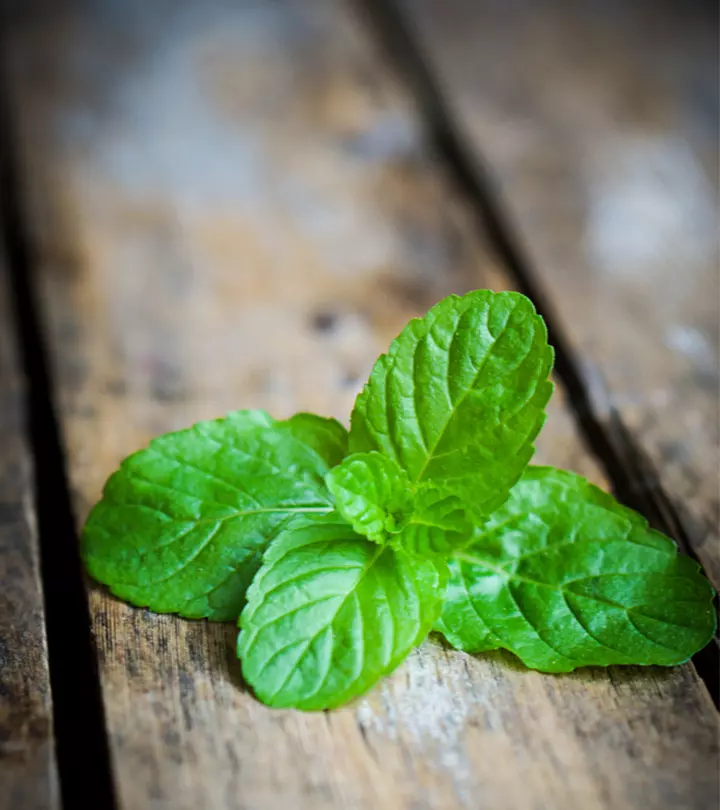
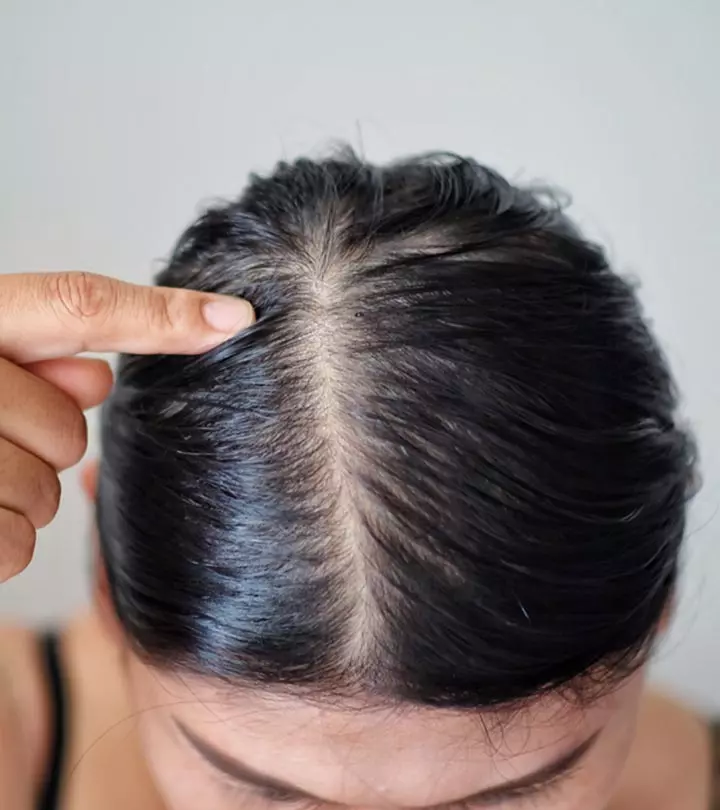
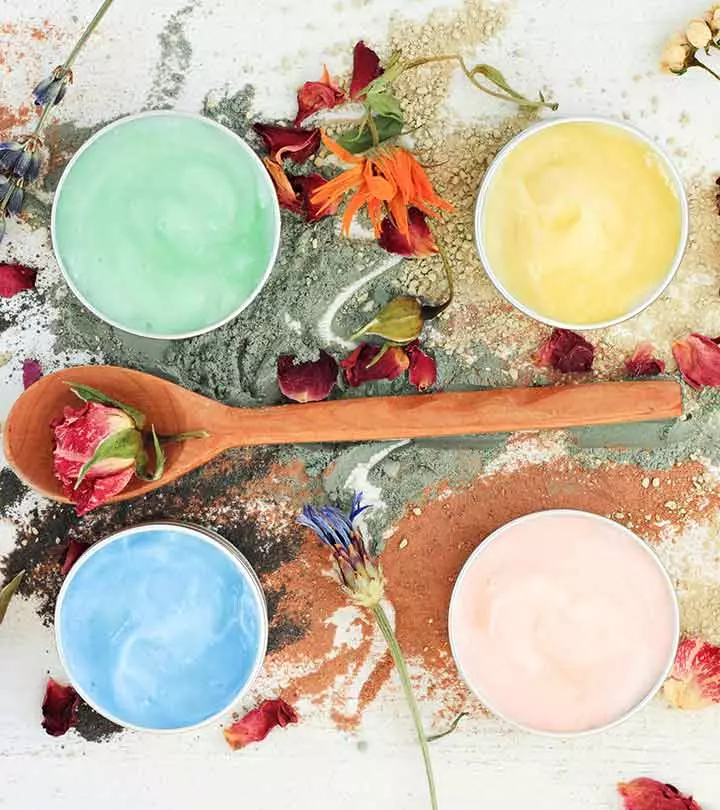
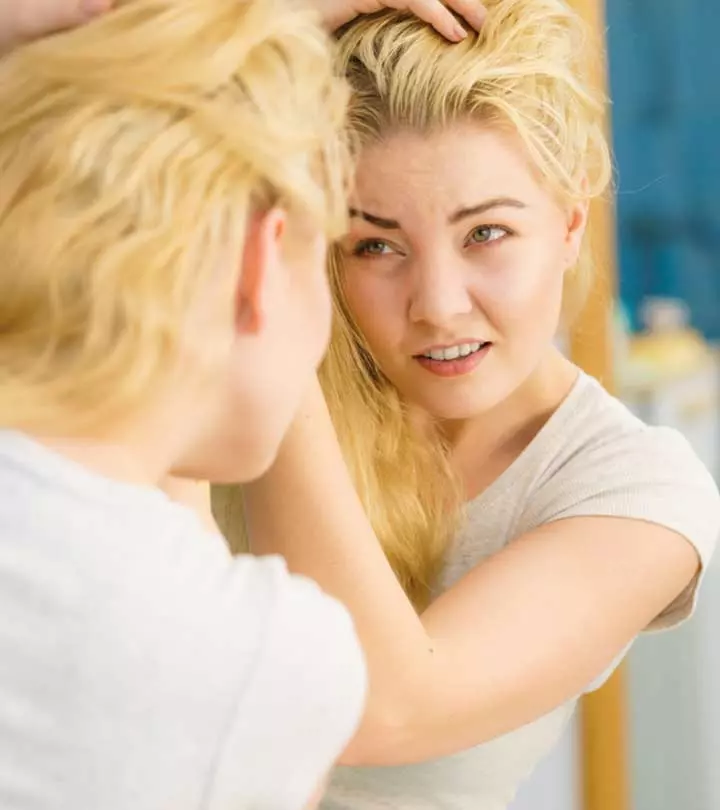

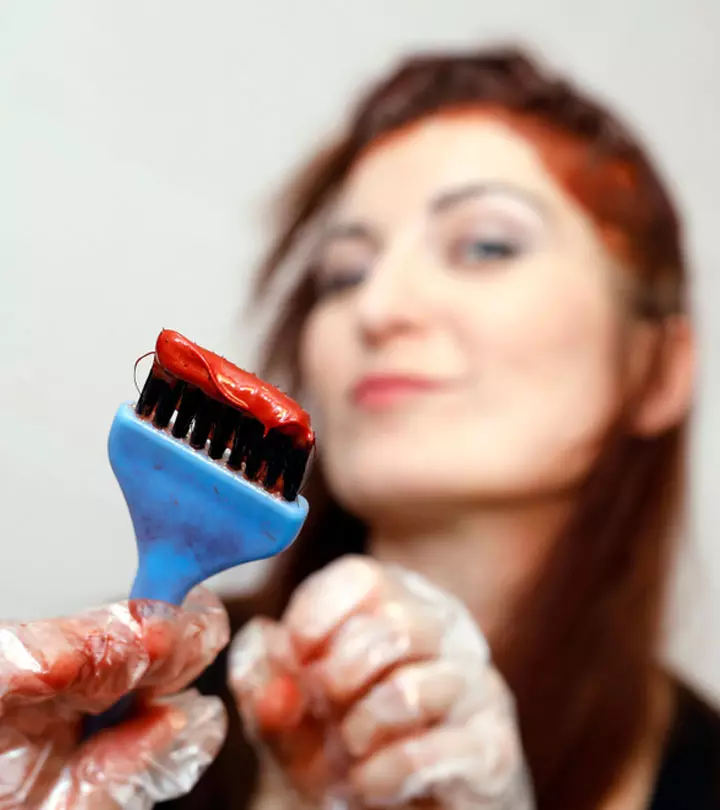
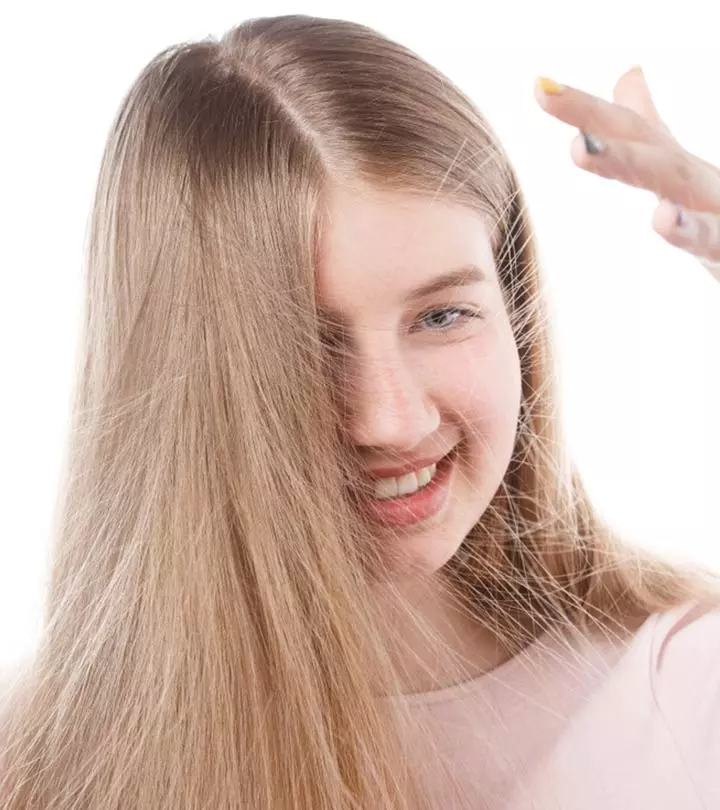
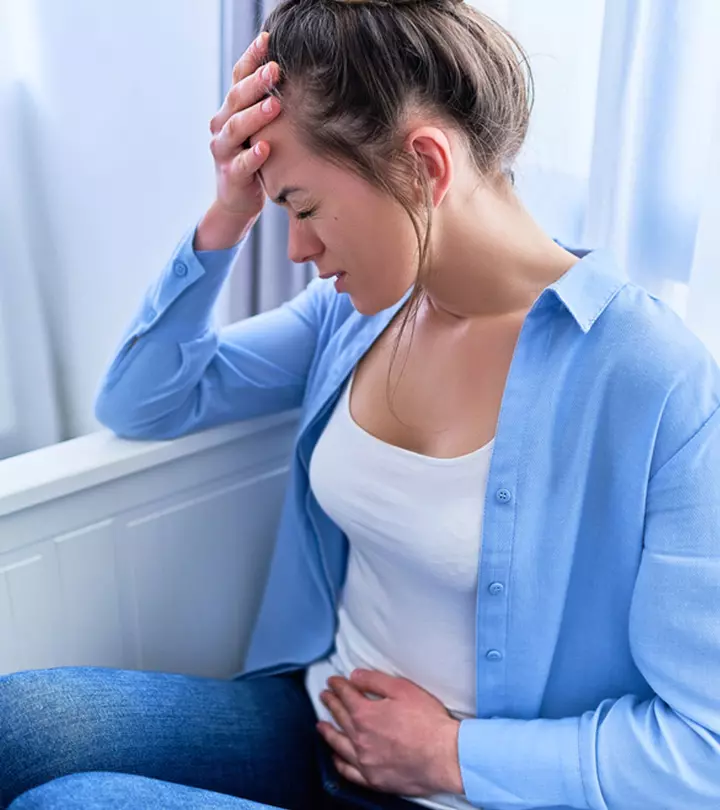
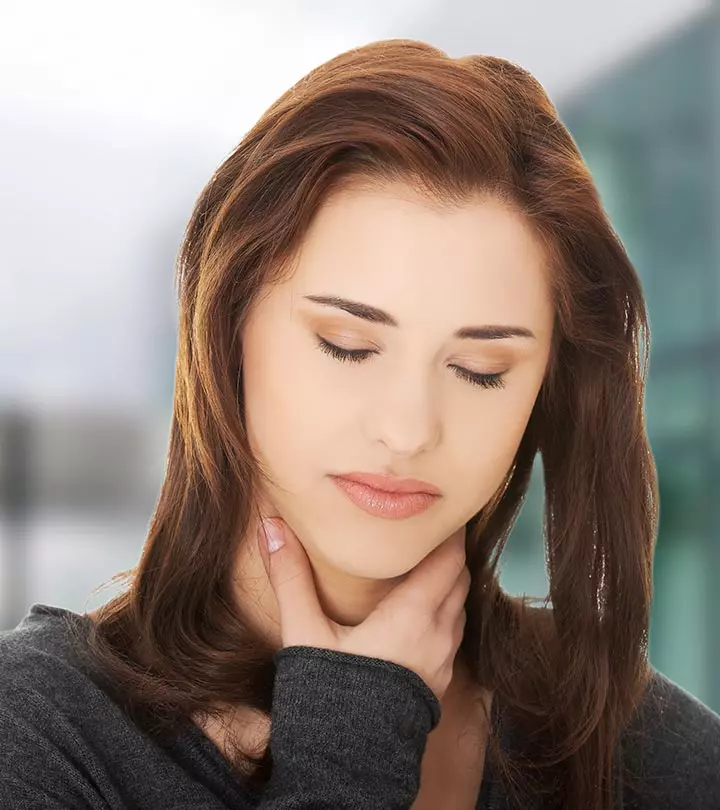
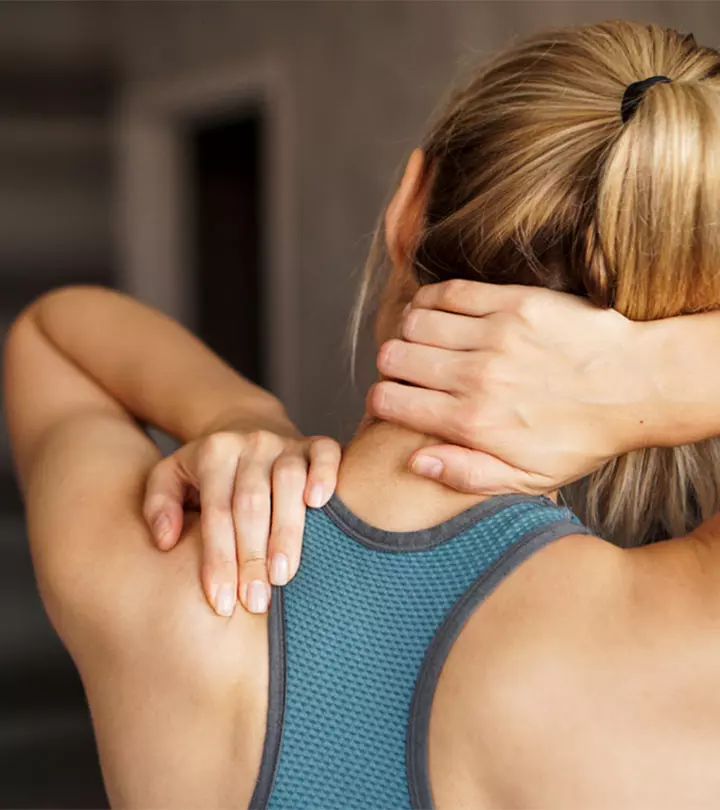
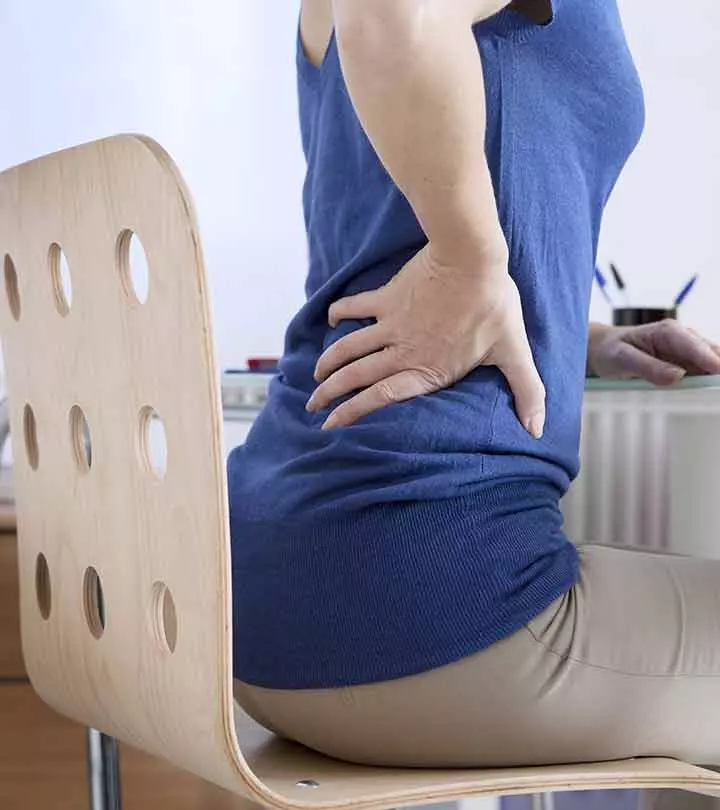
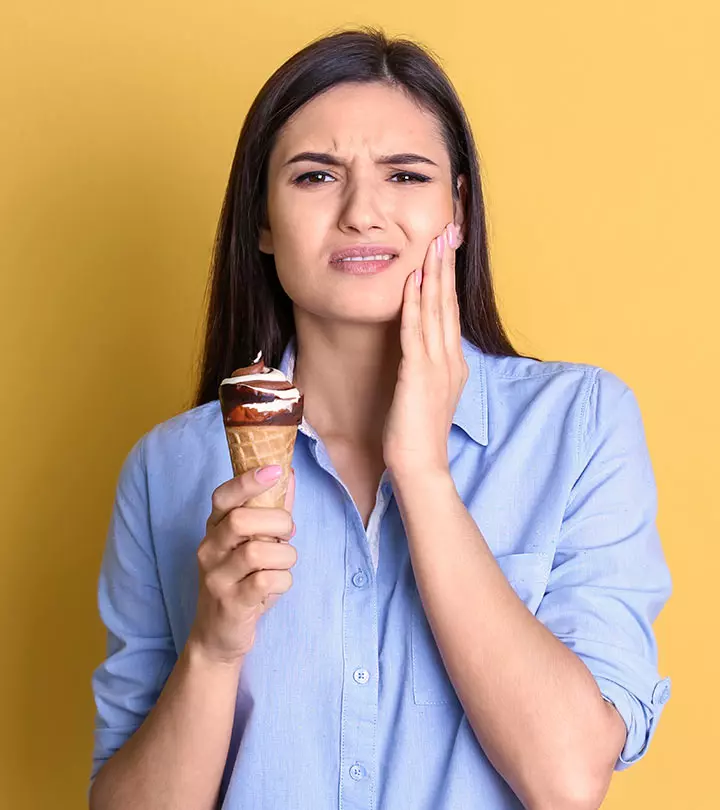
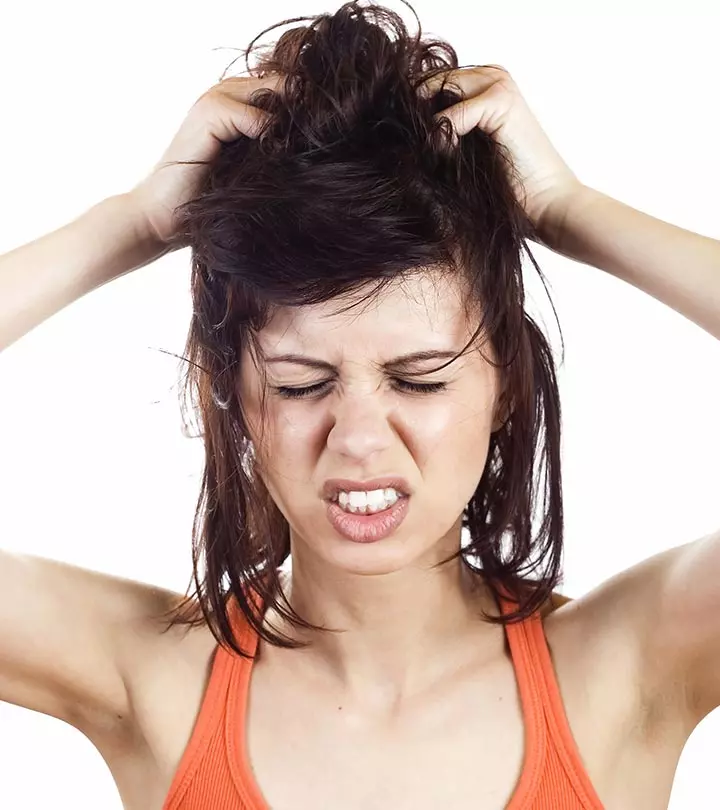
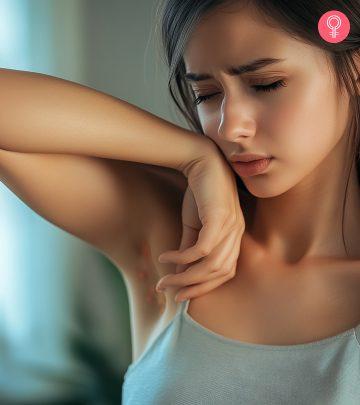
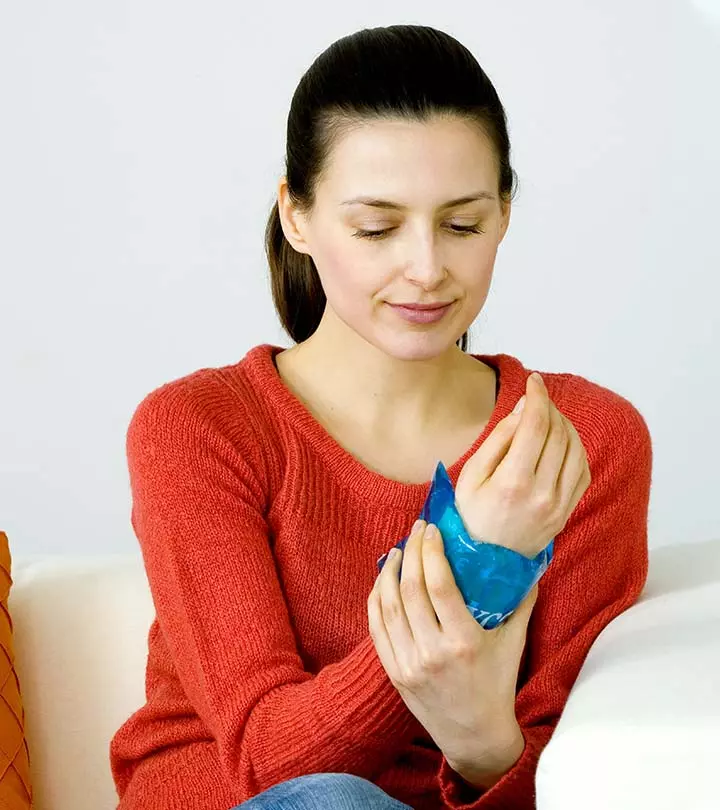
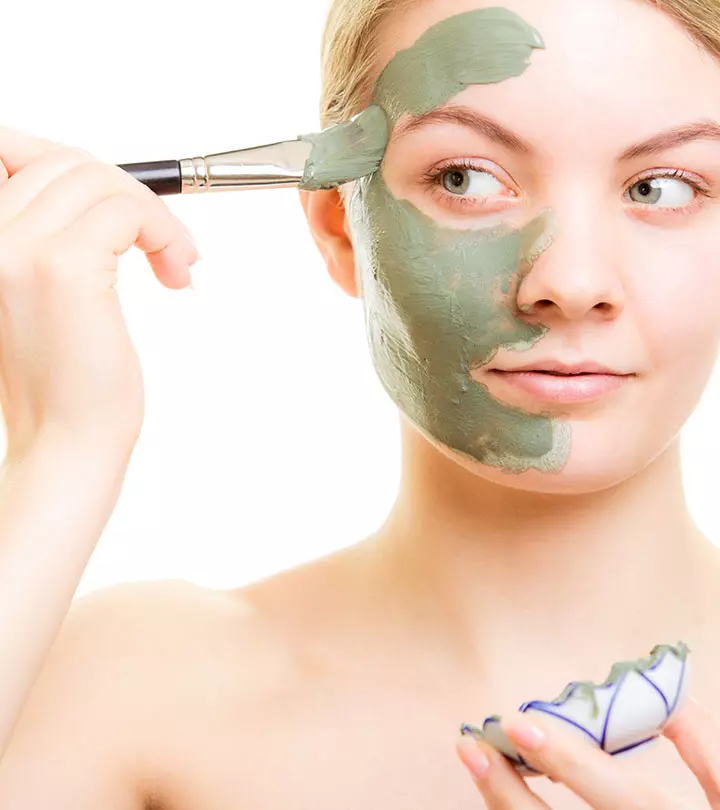
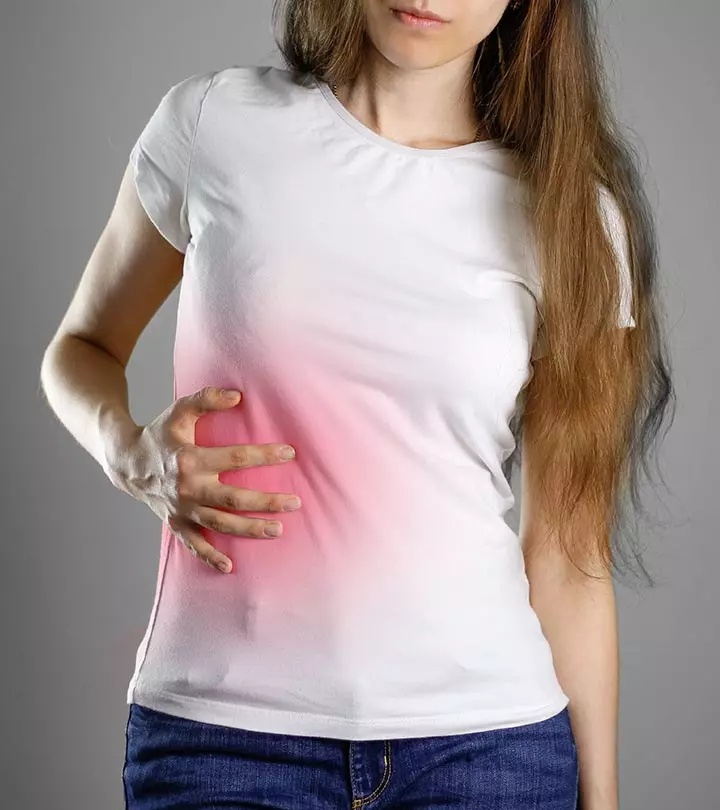
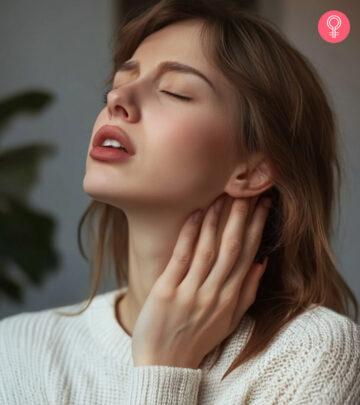
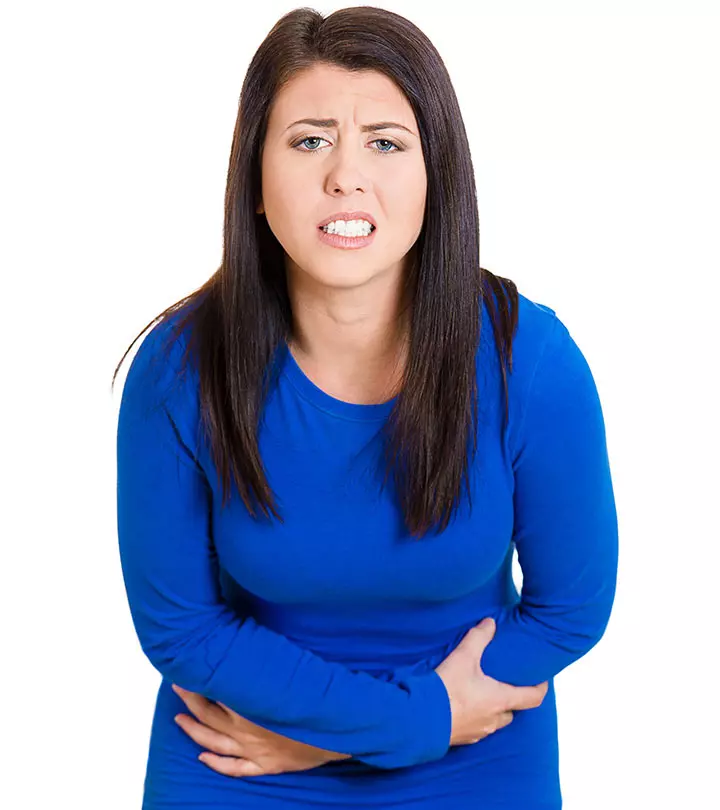
Community Experiences
Join the conversation and become a part of our empowering community! Share your stories, experiences, and insights to connect with other beauty, lifestyle, and health enthusiasts.